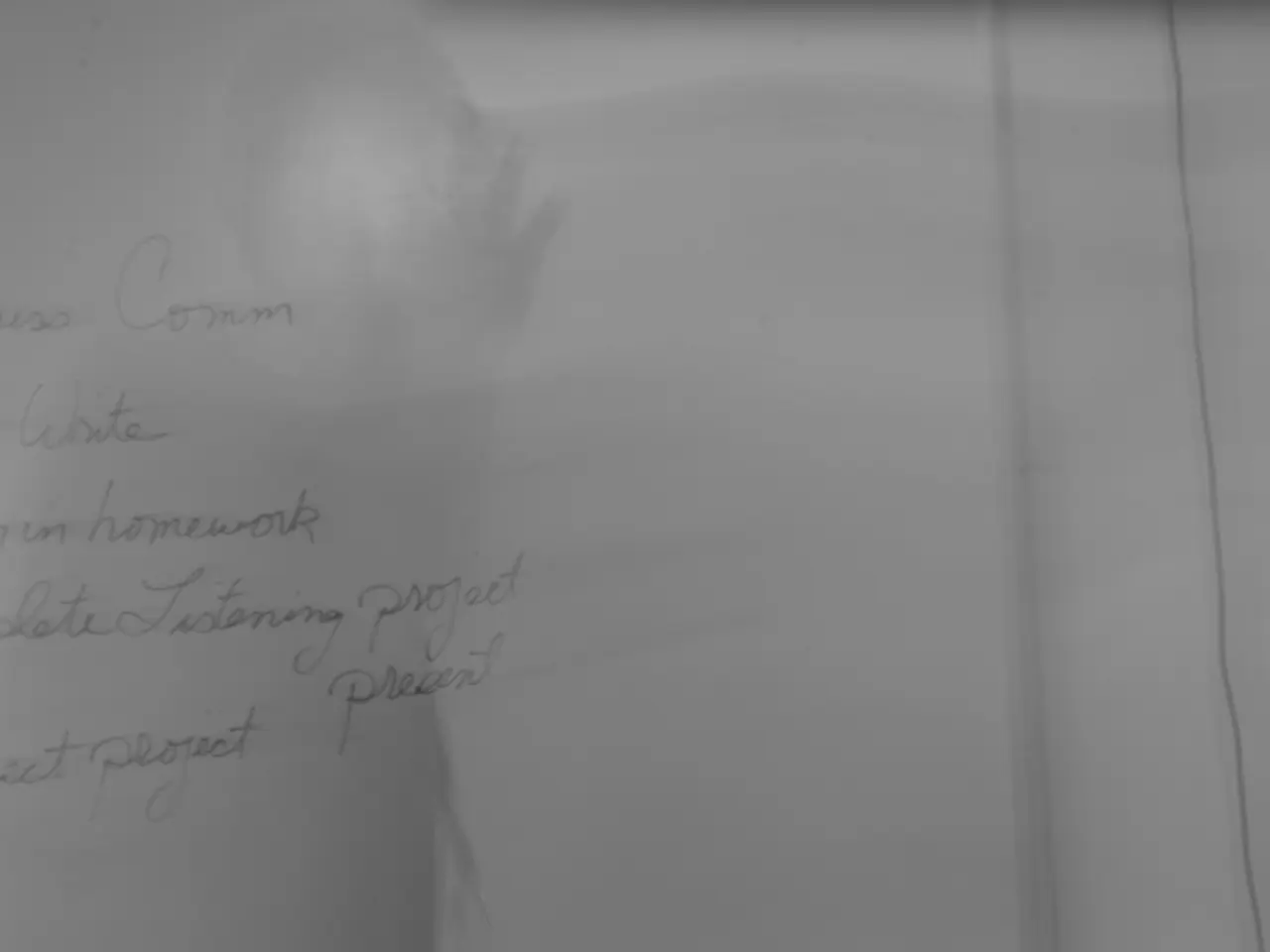Online disinformation poses a significant challenge and should not solely be addressed by digital platforms. Policymakers should take a more active role in curbing the spread of false information online.
In the digital age, the fight against disinformation has become a pressing concern for policymakers, tech companies, and the general public alike. The online environment, it is argued, should not be held to different standards than the offline world.
This battle, which has been ongoing, has seen tech companies playing a significant role in combating disinformation, particularly during the COVID-19 pandemic. Companies like Google, Facebook, and Twitter have taken steps to curb the spread of misinformation, banning anti-vaccination content and removing anti-mask groups from their platforms. Google has also banned ads on websites spreading misinformation and conspiracy theories about COVID-19.
However, the responsibility does not solely lie with these tech giants. Policymakers have a crucial role to play in this battle. They should recognize that no platform moderation system will be perfect and there will be both permissible content denied and impermissible content allowed. Instead, they should focus on proven solutions such as increasing digital and news literacy among the general public.
Finland, for example, is an example of a government investing in news literacy. They offer classes teaching critical thinking online and how to detect and counter fake news. Similarly, Netflix has partnered with the World Economic Forum to develop Southeast Asian governments and individuals' digital skills. Furthermore, Google, Amazon, and Microsoft offer online digital literacy classes and training.
Policymakers can provide input on online platforms' policies through co-regulatory frameworks, such as the EU's code of practice on disinformation. This approach allows for a collaborative effort between tech companies and policymakers, ensuring that decisions are made in a fair and transparent manner.
In disputes over whether certain otherwise lawful content is disinformation, platforms should be able to make the final decision about how to enforce their own policies. However, they must do so in a way that is transparent, detailing the types of content they allow, how they enforce those policies, and how users can report violations. They should also publish transparency reports on their content moderation decisions.
It is important to note that disinformation is not an entirely new problem. Treating it as a new problem can lead to harmful regulations and impose different standards for online speech than offline speech, diminishing free expression online. Policymakers should be cautious about ordering companies to remove online content that would be lawful offline.
When the production of misinformation involves state-backed foreign actors, as in the case of election interference, this may require international sanctions and other diplomatic responses. In such cases, it is crucial to hold the people producing misinformation responsible for the content they produce, just as they would in the offline world.
The recent study by Cardiff University researchers found that most cases of false, confusing, or misleading information about COVID-19 originated with the government or media, rather than social media or conspiracy websites. This underscores the need for a comprehensive approach to combating disinformation, one that involves not just tech companies and policymakers, but the general public as well.
In conclusion, the battle against disinformation is a complex one, requiring a collaborative effort from all stakeholders. By focusing on increasing digital and news literacy, providing transparency in content moderation decisions, and working together through co-regulatory frameworks, we can make significant strides in combating this modern-day scourge.
Image credits: Wikipedia.
Note: The series of articles "Great astronomical discoveries" published in The Sun in 1835 claimed to have identified herds of flying man-bats and unicorns on the moon, but were later found to be pure fantasy.
Read also:
- Lu Shiow-yen's Challenging Position as Chair of the Chinese Nationalist Party (KMT) Under Scrutiny in Donovan's Analysis
- Fun-Filled Mother's Day Activities and Educational Insights
- Baltimore Card Counter Files 3 Million Dollar Lawsuit Against Casino for Unlawful Detention Over Horseshoe Casino Allegations
- House Representation Originally Meant to Be Close to the People; Redistricting Risks Undermining This Connection








